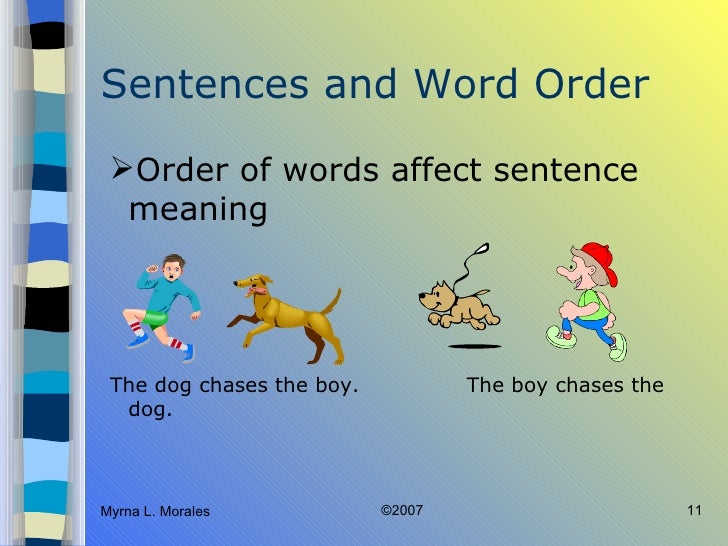

These sentences contain two or more independent clauses and one or more dependent clauses. The fox jumped over the dog whereas the cat ran around him.Ĭompound-complex sentences combine a compound sentence and a complex sentence.Rather than running around the dog, the fox jumped over the dog.The fox, even though it was injured, jumped over the dog.When the dog barked, my sister started crying.We know this because of the dependent word marker “when.” When one clause is subordinate to another, it means the subordinate clause holds less importance in the sentence than the main clause. The dog growled, the cat cried, and the fox dashed away.Ĭomplex sentences combine independent (or “main”) and dependent (or “subordinate”) clauses: “When the dog barked, my sister cried.” In this example, “my sister cried” is the independent or main clause, and “when the dog barked” is dependent or subordinate.The dog loves treats the fox loves flowers.The fox jumped over the dog, and the dog ran under the fence.The fox jumped over the dog and dashed across the field.Ī compound sentence consists of two or more independent clauses (or simple sentences) combined into one sentence.The dog and the fox jumped over the cat.The quick, red fox jumped over the lazy, brown dog.

Because these sentences still contain only one independent clause (as opposed to two or more independent clauses and/or an independent clause and a dependent clause), they are still considered simple sentences. Simple sentences can also contain a compound subject or a compound verb. Simple sentences can also be longer than this as long as a sentence consists of only an independent clause, it is a simple sentence. The example of an independent clause above, “The dog barked,” is a simple sentence.

You can often identify a dependent clause by a “dependent marker word”- a word or phrase which implies there is more to the sentence (e.g. Dependent clauses do not express complete thoughts so they are considered incomplete sentences or fragments. “barked”) creating a complete thought.Ī dependent clause cannot stand alone even if it contains a subject and a verb. An independent clause consists of a subject (e.g. An independent clause is basically a complete sentence it can stand on its own and make sense.


 0 kommentar(er)
0 kommentar(er)
